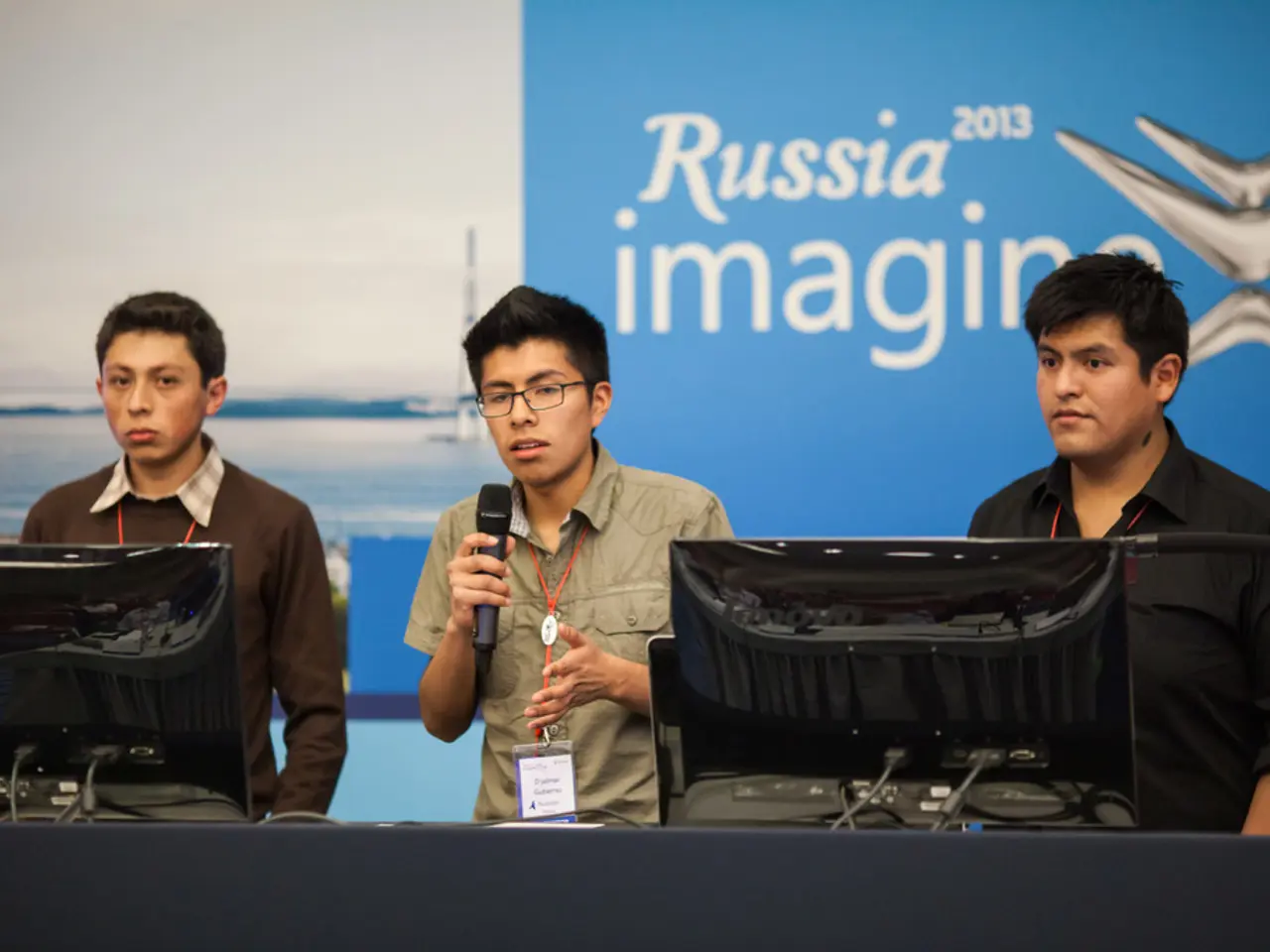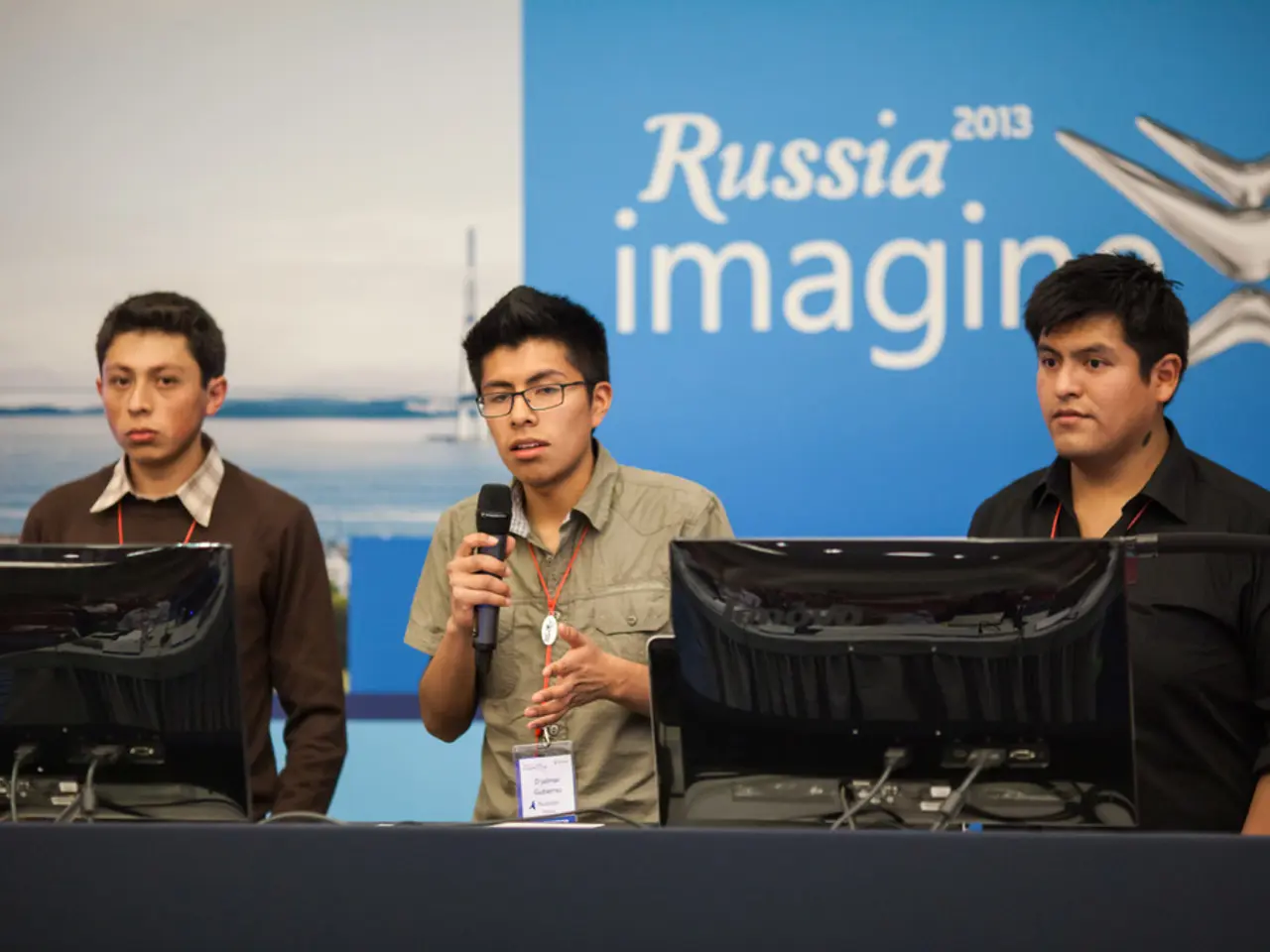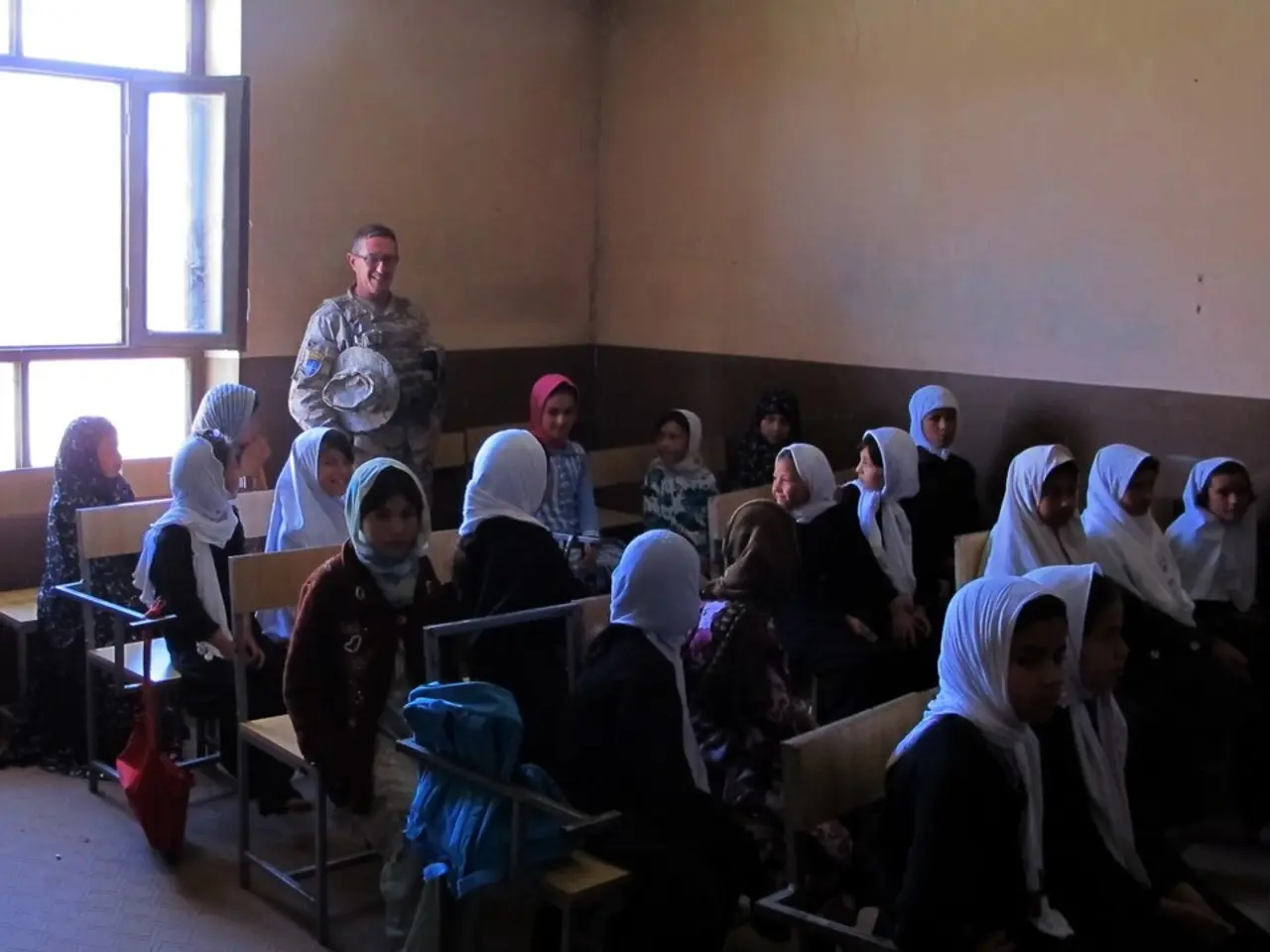Immediate and unwavering military action against Kaliningrad and Belarus is threatened by a German general in NATO.
In a tense strategic military situation, both NATO and Russia are increasing their military presence and activities near their borders, with the Baltic States and Kaliningrad becoming key flashpoints.
Kaliningrad, a Russian exclave sandwiched between Poland and Lithuania, is heavily militarized and serves as a forward base for Russian missile and military assets. The presence of nuclear-capable Iskander missiles in Kaliningrad, capable of reaching beyond Berlin, has raised concerns within NATO about potential escalation and threat.
General Erhard Buehler, a high-ranking NATO official, has made it clear that the alliance will not initiate an attack on the Baltic States. However, he also emphasized that the defense of the region does not equate to tolerating an attack. In the event of a Russian attack on the Baltic States, Buehler stated that NATO would immediately and without hesitation strike targets outside its borders, including Kaliningrad and Belarus.
Buehler's statements suggest that he views the potential threat from Kaliningrad as extending to ships as well as planes. He believes that Russia should understand that an attack on the Baltic States would prompt immediate retaliation from NATO, including strikes on targets outside its borders and in Kaliningrad. Buehler also indicated that he does not consider any territories or places to be off-limits in the event of a Russian attack on the Baltic States.
The deployment of various types of weapons in Kaliningrad since approximately 2017, including anti-aircraft missiles, long-range surface-to-surface missiles, surface-to-sea missiles, and Iskander missiles, has been a point of contention between NATO and Russia. The presence of these weapons in Kaliningrad is designed to prevent the transfer of NATO forces to the Baltic States in the event of a Russian attack.
NATO itself is ramping up readiness and defense capabilities, including air defense systems and rapid response plans, to counter what is seen as a growing threat from Russia. Intelligence estimates within NATO indicate a credible possibility that Russia could mount military operations against NATO members within five years or possibly sooner, reflecting an escalation in Russian belligerence and military preparations, potentially even testing NATO’s Article 5 collective defense clause.
The situation is one of heightened military readiness on both sides, with Russian forces positioned in Kaliningrad and Belarus playing significant roles in Moscow’s strategic posture against NATO’s Baltic member states and the broader alliance. NATO’s response involves expanding air defenses, intelligence sharing, and military exercises to prepare for a potential multi-front conflict that could include Russia and possibly China in the broader strategic environment.
Hybrid threat concerns, such as sabotage of undersea cables and reconnaissance flights close to NATO airspace, are also increasing tensions and prompting NATO states like Lithuania to reconsider defense postures, even withdrawing from treaties like the Ottawa Convention to prepare for land-based defenses.
[1] NATO Official Warns of Possible Russian Attack on Baltic States [2] NATO Prepares for Potential Conflict with Russia in Baltic Region [3] Lithuania Withdraws from Ottawa Convention amid Tensions with Russia [4] NATO Intelligence Estimates Show Russia Could Attack Member States Within Five Years
- The potential escalation in war-and-conflicts between NATO and Russia, as indicated by the increased military presence and activities, is causing concern over the defense of the Baltic States, with the strategic location of Kaliningrad serving as a key flashpoint and source of conflict.
- The politics surrounding war-and-conflicts between NATO and Russia have led to increased general-news coverage, particularly focusing on the potential threat from Kaliningrad and the possibility of a Russian attack on the Baltic States, which could trigger immediate retaliation from NATO.







